Gastroschisis
What is gastroschisis?
Gastroschisis is a birth defect of the abdominal wall. With this condition the baby’s intestines stick outside of the body through a hole in the abdomen next to the belly button. Gastroschisis occurs early during pregnancy and the hole can be small or large. At times other organs such as the liver and stomach can also be involved. The exposed intestines ad organs can become irritated, swollen, twisted and shortened. It is estimated that 1 in 2,000 babies are born with gastroschisis each year.How is gastroschisis diagnosed?
Gastroschisis can be diagnosed during pregnancy through blood screening and ultrasound. Early detection can assist in safe delivery and intervention after birth. Gastroschisis is seen at the time of birth.What causes gastroschisis?
The exact cause of gastroschisis is unknown. Though it does not appear to be an inherited condition, having a baby born with gastroschisis does seem to make it more likely that another child will be born with this condition. Research is underway to understand the cause.Are there treatment options for gastroschisis?
Treatment for gastroschisis occurs after birth. Treatment cannot occur during pregnancy. Surgery is done very soon after a child is born with gastroschisis. If the opening is small and the intestines that are exposed are not damaged the repair can be done in one step known as a primary repair. If the opening is large and the exposed intestines are swollen the repair must be done in steps known as staged repair. Other treatments include intravenous feeding, infection prevention and close body temperature monitoring. Even with surgical repair, infants can have problems with feeding, digestion, and nutrient absorption.Where can I find more information about gastroschisis?
Gastroschisis Articles
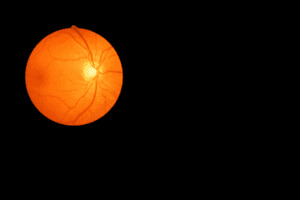
Optic Nerve Stem Cells Redraw the Map of Retinal Vascular Repair
Bree Clare
February 11, 2026
Read More »
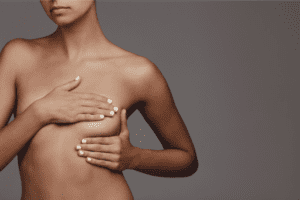
Datroway Receives U.S. Priority Review for First‑Line Treatment of Metastatic Triple‑Negative Breast Cancer
Austin Newman
February 10, 2026
Read More »
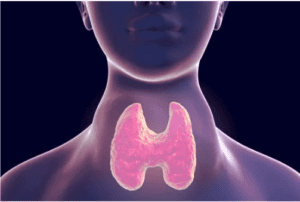
When “Normal Labs” Are Not Normal: What Thyroid Patients Need to Know
Patient Worthy Contributor
February 10, 2026
Read More »

Swiss Biotechs Gain Momentum with FDA Fast Track Option for Palmoplantar Pustulosis
Bree Clare
February 10, 2026
Read More »
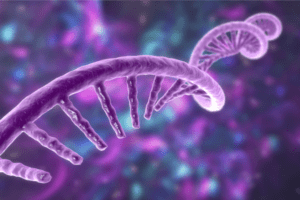

Nanoparticles Targeting Tumors Eliminates Most Chemotherapy Side Effects
Rose Duesterwald
February 9, 2026
Read More »
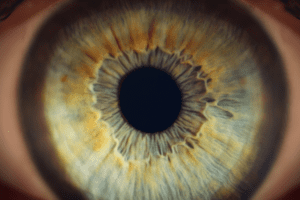
Turning Heart Data Into an Early Warning System for Vision Loss
Bree Clare
February 9, 2026
Read More »

New Immunotherapy Strategy Targets Tumor ‘Bodyguards,’ Shows Powerful Results in Preclinical Cancer Models
Austin Newman
February 8, 2026
Read More »


